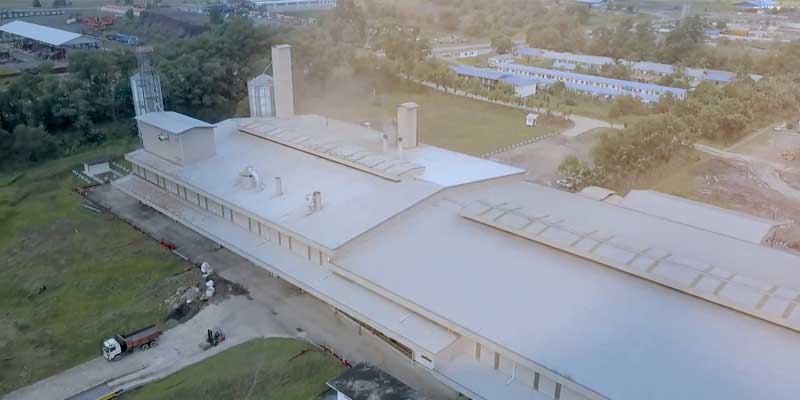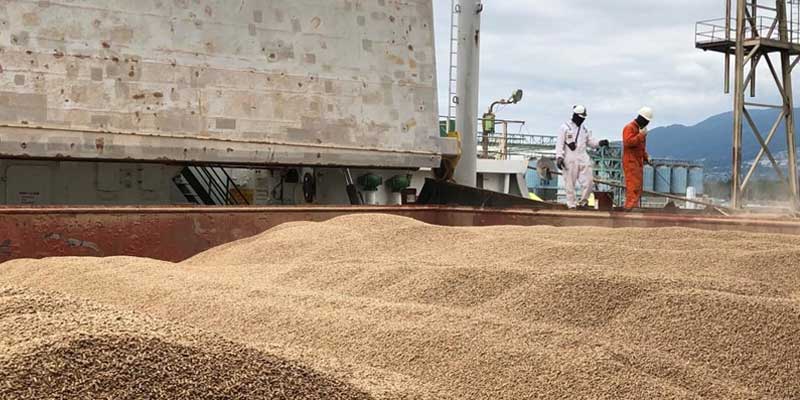Setting up a biomass wood pellet factory requires careful planning and execution to ensure efficient operations, compliance with regulations, and sustainability. Below, I'll outline key precautions to consider when establishing such a facility.

1. Feasibility Study:
Before starting the project, conduct a comprehensive feasibility study to assess the viability of the biomass wood pellet factory. Consider factors such as market demand, availability of raw materials, regulatory requirements, competition, and financial projections. This study will help in making informed decisions and minimizing risks associated with the venture.
2. Regulatory Compliance:
Ensure compliance with all applicable regulations and permits related to environmental, health, safety, and industrial standards. Obtain necessary permits for construction, operation, waste management, and emissions control. Failure to comply with regulations can result in fines, legal issues, and reputational damage.
3. Site Selection:
Choose a suitable location for the biomass wood pellet factory considering factors such as proximity to biomass sources, transportation infrastructure, access to utilities (water, electricity, gas), and zoning regulations. Conduct thorough assessments of environmental impact, soil conditions, and community considerations before finalizing the site.
4. Environmental Impact Assessment:
Conduct an environmental impact assessment to evaluate the potential effects of the factory on air quality, water resources, biodiversity, and surrounding ecosystems. Implement mitigation measures to minimize negative impacts and promote sustainable practices throughout the facility's lifecycle.
5. Supply Chain Management:
Develop a robust supply chain management strategy to ensure a reliable and sustainable supply of raw materials for pellet production. Establish partnerships with biomass suppliers, forestry companies, sawmills, and agricultural producers. Diversify the sources of feedstock to mitigate risks associated with fluctuations in availability and pricing.
6. Technology Selection:
Choose appropriate pelletizing technology and equipment based on production capacity, efficiency, product quality, and cost-effectiveness. Consider factors such as pellet size, moisture content, density, and energy consumption when selecting equipment for grinding, drying, pelletizing, and packaging processes.
7. Quality Control:
Implement stringent quality control measures to ensure that the wood pellets meet industry standards, customer specifications, and regulatory requirements. Monitor key parameters such as moisture content, particle size distribution, density, durability, and ash content throughout the production process. Invest in testing equipment and trained personnel to maintain consistent product quality.
8. Health and Safety Measures:
Prioritize the health and safety of workers by implementing robust safety protocols, training programs, and protective equipment. Identify and mitigate potential hazards associated with equipment operation, handling of raw materials, dust exposure, noise levels, and chemical substances. Regularly conduct safety audits and emergency drills to prevent accidents and ensure preparedness for contingencies.
9. Energy Efficiency:

Optimize energy efficiency in pellet production processes by adopting technologies such as heat recovery systems, cogeneration, and biomass boilers. Minimize energy consumption through process optimization, equipment upgrades, and insulation improvements. Invest in renewable energy solutions such as solar panels or biomass gasification to reduce reliance on fossil fuels and lower operational costs.
10. Waste Management:
Develop a comprehensive waste management plan to minimize waste generation, maximize recycling, and properly dispose of by-products such as wood ash and dust. Implement measures to reduce emissions of particulate matter, volatile organic compounds (VOCs), and greenhouse gases. Explore opportunities for beneficial reuse of waste materials, such as using wood ash as a soil amendment or energy source.
In conclusion, setting up a biomass wood pellet factory requires careful consideration of various factors to ensure environmental sustainability, regulatory compliance, operational efficiency, and stakeholder engagement. By taking appropriate precautions and implementing best practices, companies can establish successful and responsible operations in the biomass energy sector.